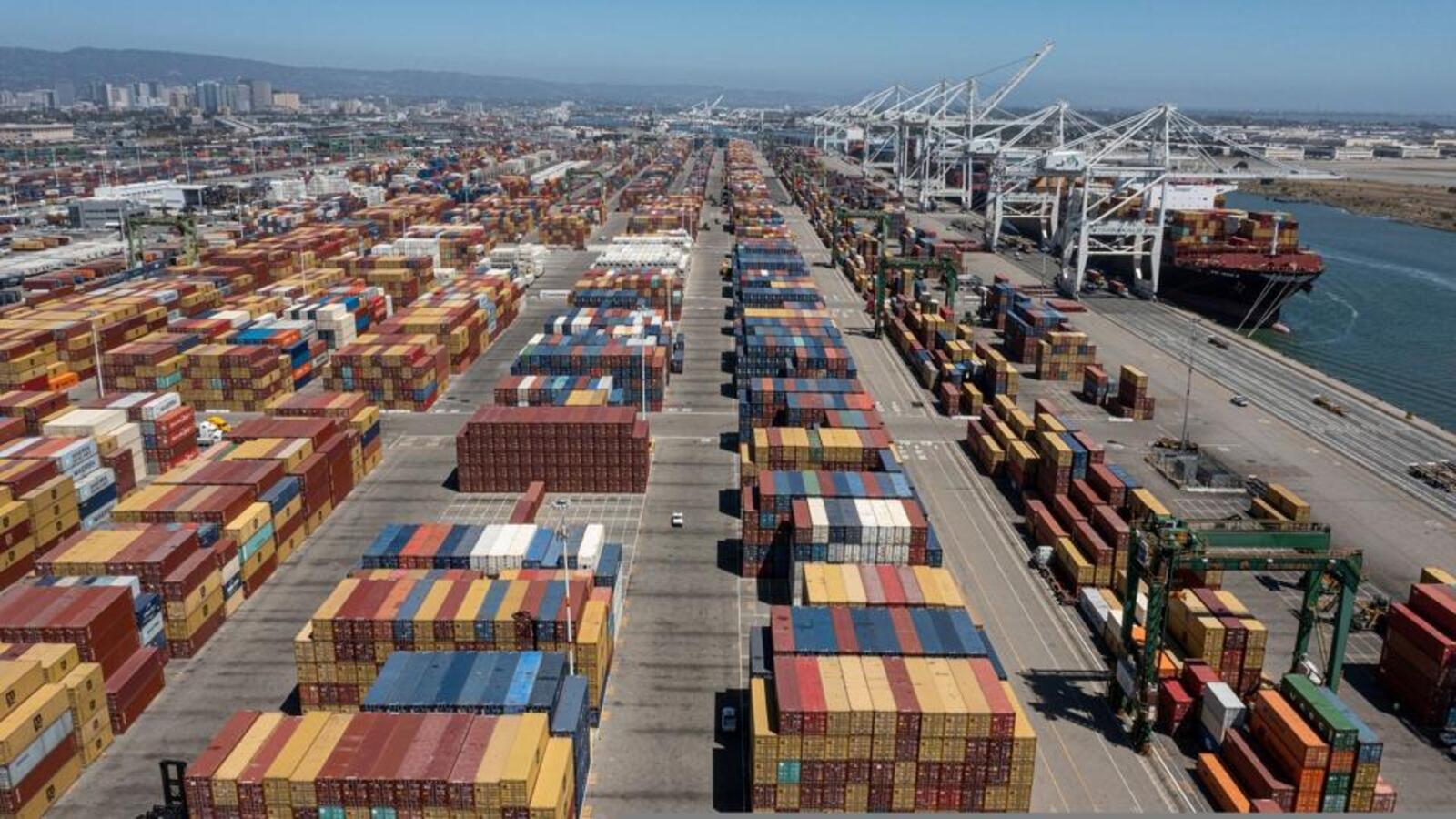 IPEF will deal with new world wide financial difficulties that FTAs really do not: US | World News
[ad_1]
IPEF will deal with new world wide financial difficulties that FTAs really do not: US | World News
[ad_1]
LOS ANGELES: In the operate-up to the initial in-individual ministerial of the Indo-Pacific Financial Framework (IPEF) in Los Angeles from Thursday, the United States has explained that IPEF will handle problems that regular free of charge trade agreements have not. The US has also portrayed the framework as “an affirmative financial agenda” for the location and claimed it is not intended to pressure nations around the world to select amongst the US and China.
“This is a special and unparalleled financial arrangement..and it is vital to handle world wide financial associations and fortify our financial engagement in the location. We are fired up about the development so significantly,” a senior US administration formal advised reporters on Wednesday.
The ministerial is anticipated to see an announcement by nations around the world about which pillars they will be part of less than IPEF. India’s minister for commerce and marketplace Piyush Goyal will take part in the summit.
IPEF was released in Might on the sidelines of the Tokyo Quad Summit. Initiated by the US, it has thirteen other taking part nations around the world: India, Japan, South Korea, Philippines, Australia, New Zealand, Fiji, Indonesia, Brunei, Malaysia, Singapore, Thailand and Vietnam.
The framework is not a free of charge trade arrangement and does not entail current market accessibility. It has 4 pillars - of a linked economic system (trade), resilient economic system (offer chains), clean up economic system (decarbonisation and infrastructure), and good economic system (anti corruption and taxation). The US Trade Agent (USTR), led by ambassador Katherine Tai, is the direct company for the trade pillar, whilst the office of commerce, led by secretary Gina Raimondo, is major the other 3 pillars.
Immediately after the formal start, Tai held an casual ministerial with taking part nations around the world on the trade pillar in June, and Tai and Raimondo have held a digital ministerial with IPEF associates in July. Officers of all fourteen nations around the world also participated in a assembly in July to procedure the specifics of the arrangement.
Responding to criticism that in the absence of current market accessibility provisions, the framework lacks tooth, the formal claimed that IPEF will deal with problems that free of charge trade agreements have not dealt with in the earlier. “Think of offer chains, clean up strength, electronic trade problems. In this working day and age, these are some of the greatest boundaries. The framework is heading to offer with a good deal of non-tariff boundaries.”
An formal from yet another taking part place nonetheless indicated that the trade pillar was the weakest in the framework for it laid out anticipations on a selection of problems - electronic, setting and labour with compliance specifications - with no delivering any current market accessibility in return.
Taking part nations around the world seem to be most enthused about the offer chain pillar, which envisages early warning mechanisms on vital minerals, semiconductors, pharma, among the other merchandise.
When requested whether or not the framework was intended to counter China, a 2nd senior administration formal explained that the initiative was about the US acquiring an “affirmative financial agenda” in the location and was not intended as a way to select amongst US and China but market “long-phrase inclusive growth” in the location.
Professionals, nonetheless, believe that that whilst the essential enthusiasm for US is without a doubt countering China, it has to be mindful with its language for Southeast Asian nations around the world, in distinct, really do not want to be witnessed as taking part in any arrangement that can be construed as “anti-China”. It was also this apprehension that observed Taiwan’s exclusion from the IPEF even with its keenness to take part.
[ad_2]



No comments:
Post a Comment